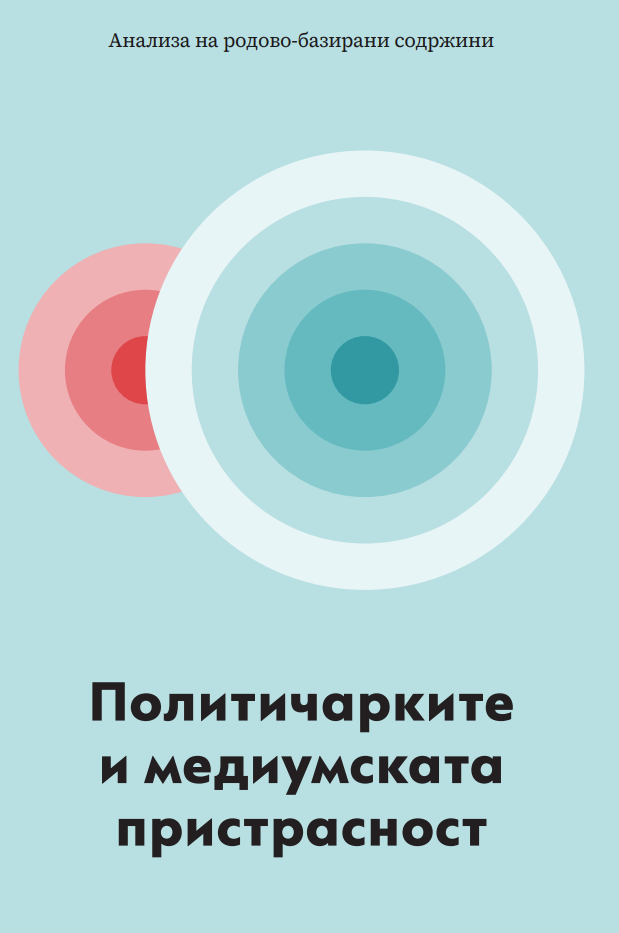The gender-related narrative is significantly underrepresented in the news reports on the presidential and parliamentary elections because it was scarce in the rhetoric of both male and female speakers in the campaigns. The media themselves analyzed hardly any topics about women’s involvement in the elections, those from the ethnic communities in particular, which points out to a low awareness of the importance of gender equality issues.
This is shown by the analysis of gender-based media content titled “Female Politicians and the Media Bias,” which the Institute for Communication Studies (ICS) prepared for the period March-May 2024, i.e. from the official deadline for submission of presidential candidacies to the State Election Commission on March 19, until the second round of the presidential elections on May 8, which coincided with the parliamentary elections. The research shows that the mere presence of female politicians in the media gave sufficient grounds for their stereotyping and discrimination related to the traditional gender roles and women’s appearance, especially through the use of sensationalist language. This contributes to their further objectification and defocusing from key political issues, reinforces attitudes about the traditional responsibilities and tasks of men and women, respectively, and perpetuates prejudices about the role of women in the public sphere. Feminatives are rarely used in the news headlines and reports, meaning that no professions and titles in the feminine gender were used, even when referring to women. In the comments on the news reports in social media there is sexism, ageism and hatred against female politicians, digital violence involving abuse of visual content and support to the offensive speech by other commentators and bots. Most of the comments involving hate speech and insults are still publicly available.
Considering the above, media should create and publish journalistic content about gender-related issues, especially in periods when these are overshadowed by other political topics. It is of great importance that male and female journalists enable greater presence of women in the media space, until their role in the public sphere is normalized. Media should be critical against discriminatory rhetoric and question the reliability of such statements, avoid gender stereotyping of female politicians in high positions, and use gender-sensitive language in their journalistic reports. At the same time, media should create content whereby they will counter gender stereotypes and hate speech and increase media literacy, so that the public would be able to recognize the techniques of creating and spreading gender-related disinformation. In this regard, they should also establish internal policies and employees responsible for regulating comments containing harmful content.
The analysis of gender-based media content titled “Female Politicians and the Media Bias” includes 14,000 news reports published in the online media and traditional media’s websites, as well as 20,761 comments on the news reports published on the media profiles on social platforms such as Facebook, Instagram, TikTok and YouTube. It was prepared as part of the “Use Facts” project, which is supported by the British Embassy in Skopje.
Download the publication “Female Politicians and the Media Bias” HERE.

